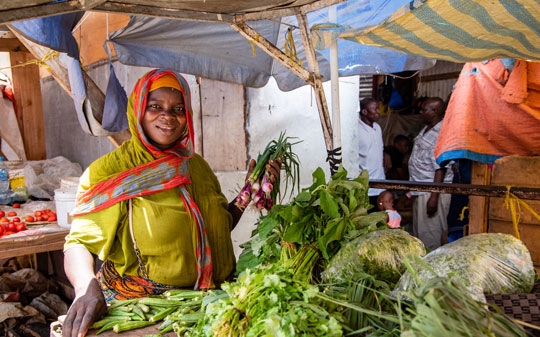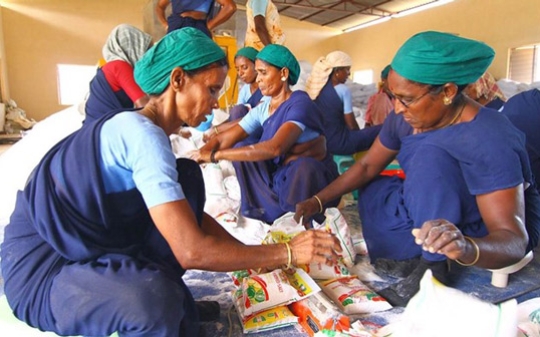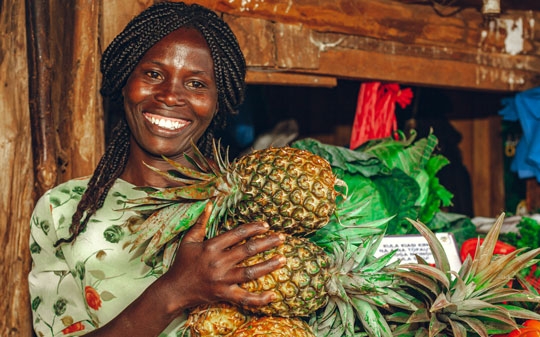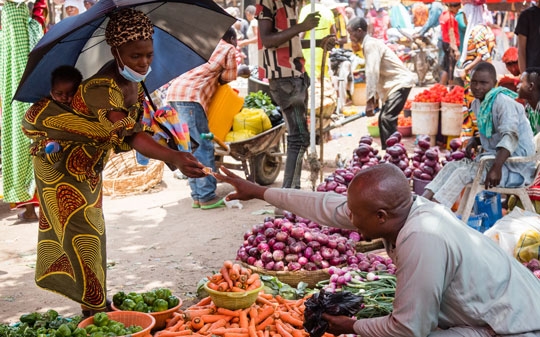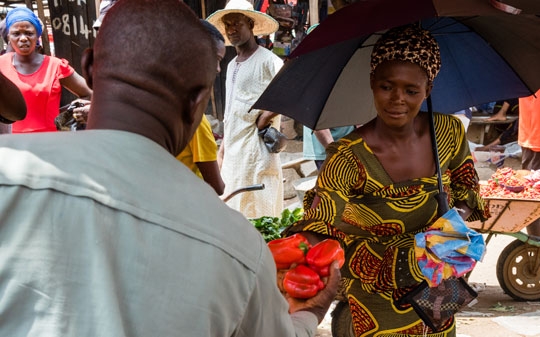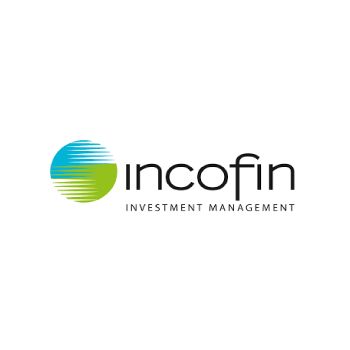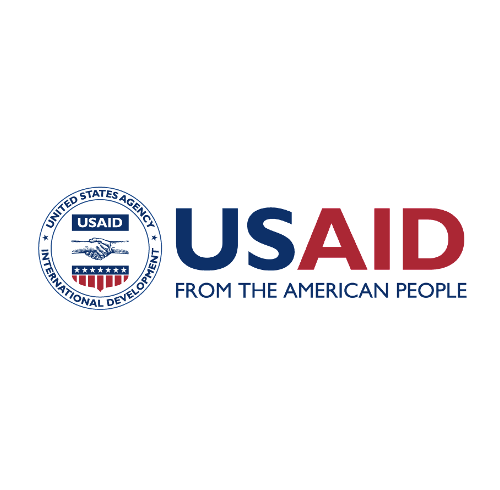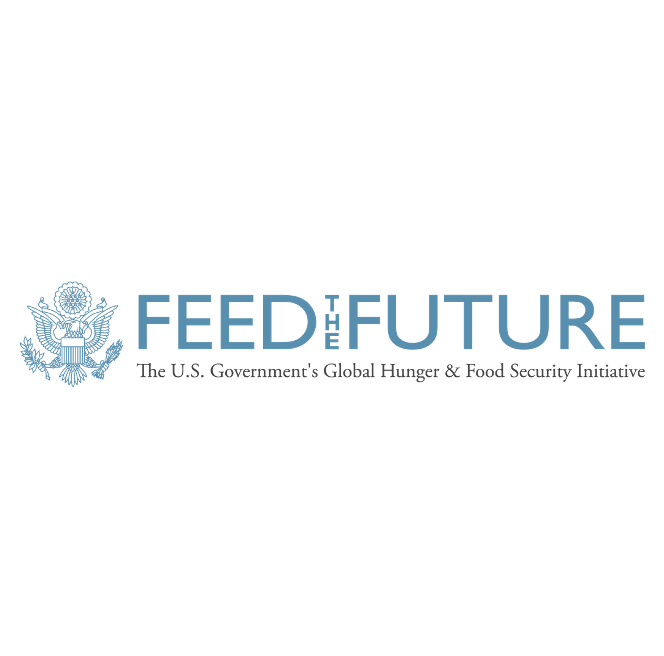According to the IFC, the estimated global gap in SME funding is $5.2 trillion. "Owners and entrepreneurs report access to capital to be one of their toughest challenges, one that sometimes outranks electricity shortages and other concerns". Without sufficient access to financial services, SMEs are unable to expand operations and market reach, enhance the nutritional value of their products, improve on their food safety standards or start working more sustainably.
Further, there is a lack of awareness within investment communities on the importance of nutrition and of the additional impact that nutrition investing can contribute to, beyond SDG2, including gender equality, children growth and development.
To ensure that all people can access a safe, healthy and diverse diet, there is a need for: i) global influencing on nutrition investing; and ii) innovative methods of resource mobilisation that focus on nutrition and SME.
With the global influencing work, we aim to improve awareness, capacity, and commitment among investors to support the development of nutrition as an investment theme. Our goal is to scale the impact of our work beyond our remit, seeking to influence others (investors, donors, governments, and Development Finance Institutions (DFIs)) to adopt a nutrition lens to the work that they’re doing. We will lead on evidence-based advocacy on the link between gender and nutrition in the investment space, as well as child lens and nutrition investing. We will also leverage the approaches and learnings from the Nutritious Foods Financing Facility - N3F.
The N3F is an innovative blended finance approach that aims to overcome the SMEs' constraints by providing financial support and building technical capacity within SMEs that produce foods available to lower-income consumers in Sub-Saharan Africa (SSA). The goal is to transform the capacity of SMEs to deliver nutritious foods in Africa through a blended finance approach comprised of a financing facility with requisite technical assistance and reshaping investment approaches. N3F will act as a proof-of-concept, aiming to prove that financing nutritious foods through SMEs works and providing a pathway forward for larger scale transformation.

